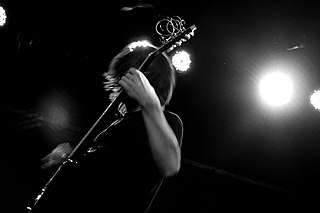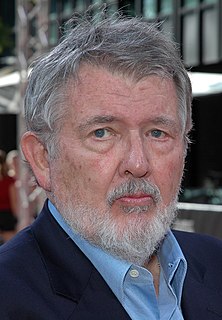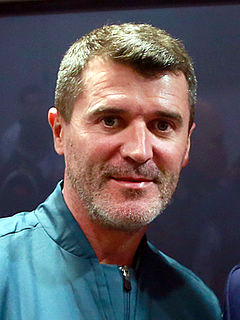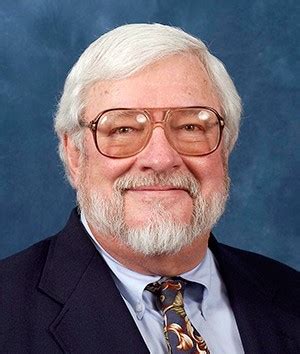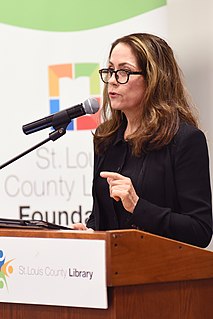A Quote by Terrence Malick
I'd always liked movies in a kind of naive way. They seemed no less improbable a career than anything else.
Related Quotes
It's just kind of seemed like a funny way to explore action movies, I guess. I mean, I'm a big fan of them always. It's always people who are very equipped to deal with the situations that they're thrown in. So, the notion just seemed funny, because it's, like, basically stoners are kind of the last guys in the world who are equipped to deal with that. And the humor possibilities just seemed somewhat endless.
I grew up on particular movies that said something to me as a kid from Missouri, movies that showed me places I'd yet traveled, or different cultures, or explained something, or said something in a better way than I could ever say. I wanted to find the movies like that. It was less about a career than finding the films I wanted to see.
I think being tortured as a virtue is a kind of antiquated sense of what it is to be an artist. It comes out of that Symbolist idea, back to Rimbaud and all that disordering of the senses and all of that being some exalted state. When I've been that way, I've always been less exalted than I would have liked.

